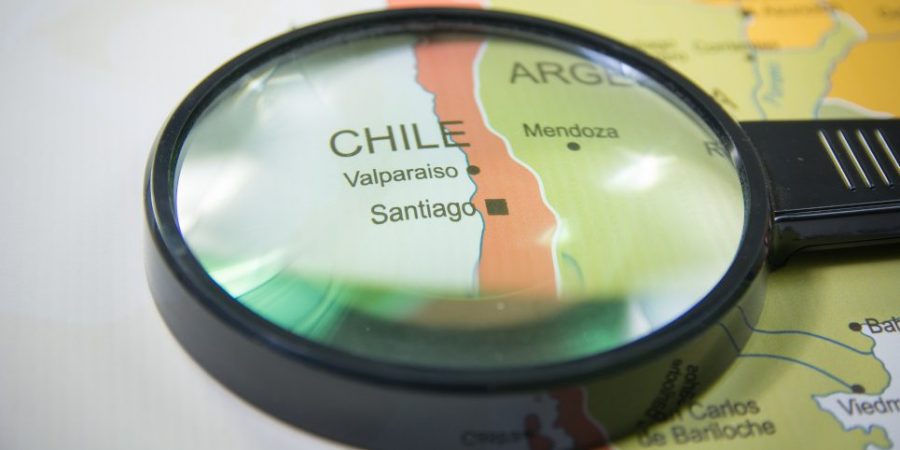Francisco Leiva, former Superintendent of Chile’s gambling regulator, the Superintendency of Gambling Casinos (SCJ), talks exclusively about what has happened to the Chilean gambling sector in 2020, how regulatory changes have affected the land-based industry, where online gambling stands ahead of a new year and what the goals will be for 2021.
Unfortunately, 2020 was very negative for the gaming industry in Chile. We’re suffering the effects of the pandemic: it has affected and continues to do so in different degrees to all Latin American countries, which resulted in the temporary closure of land-based casino operations. The worst thing is that we’re still in an uncertain scenario that makes it difficult to estimate when we’ll be able to return to pre-pandemic activity levels.
In the case of casinos, this has represented their closure on March 21 and only in mid-November some of them were able to reopen with limited capacity, operating with half of the slot machines located in open spaces.
On the other hand, there’s the self-induced problem of the Superintendency of Gambling Casinos (SCJ), as it introduced a change in the conditions to renew licenses that were awarded in 2005 and expire in 2023. This has caused problems with the entire casino industry, since the interpretation of the regulatory body affects legal certainty and, most likely, international investors will sue the Government before the International Centre for Settlement of Investment Disputes (ICSID), adding more uncertainty to the industry.
Additionally, the SCJ itself has suspended twice the process that it had started at the end of July, so that the offers that needed to be presented by the end of January 2021, are now postponed to October 2021.
However, seeing the glass half full, the pandemic has certainly shown the opportunities generated by e-commerce in different areas. In our case, unfortunately I believe that the authorities failed to understand this, since online gambling legalization is not an issue of their concern or interest.
The possibility to regulate online gambling is there, not only because it already exists and must be taken care of, but also because it generates tax revenue, a very important aspect in situations of fiscal crisis. In addition, it’s a source of jobs that are not limited to the market of online gaming operators, but also promotes the development of the market for technology providers.
Hope for improvement in 2021
Thinking about 2021, I highlight two areas. First, land-based casinos that need more clarity in regards to the framework that they will be subject to in order to renew their licenses, but it is highly probable that it will end in a legal dispute. If we also consider that the pandemic effects will continue, it’s very likely that they will face a complicated year once again, but I hope that it will be better than 2020.
Moreover, regarding online gambling, the ideal scenario would be for the Executive Power to come up with a bill to regulate it, since it’s a matter that is exclusively up to the President’s initiative as he needs to set taxes and define which public body should regulate it.
However, it’s essential to carry out awareness actions among decision makers, including legislators, so that they know the benefits of having a regulation – compared to the current situation that prohibits the development of an industry – and decide to regulate online gambling.
In Chile, there’s still a lack of knowledge about how this industry has developed on a global level and, any problems that may arise, related to socially negative issues, today they’re possible to mitigate thanks to online security technologies, [as they can] verify the location and age of the people who use them, and monitor transactions for a correct tax control and prevention of money laundering.
Precisely, these technological advances make it possible to reduce the negative impacts and explain why governments are prone to introduce frameworks to grant online gambling licenses and tax regulations for those who create or offer social games and esports.













